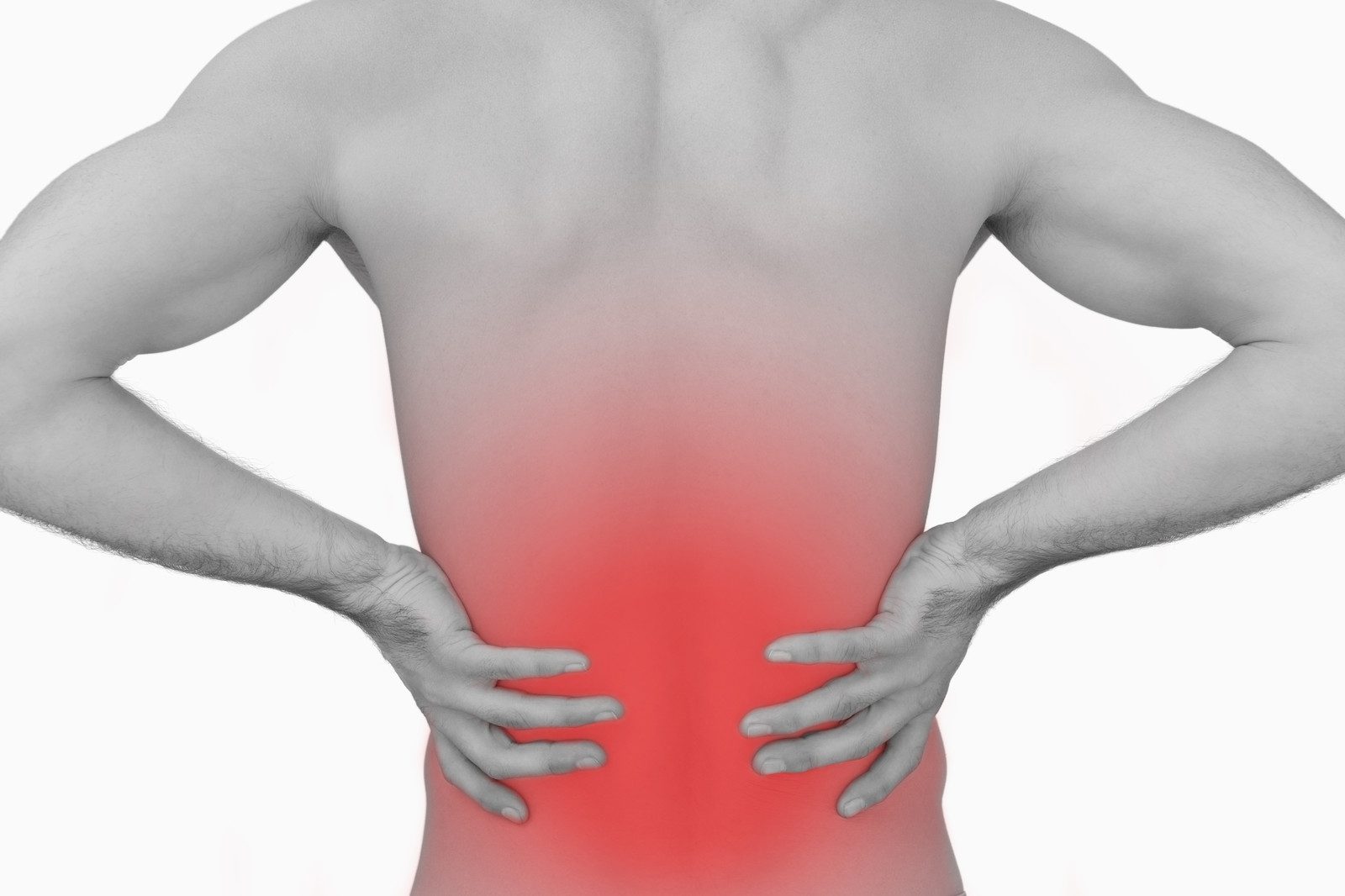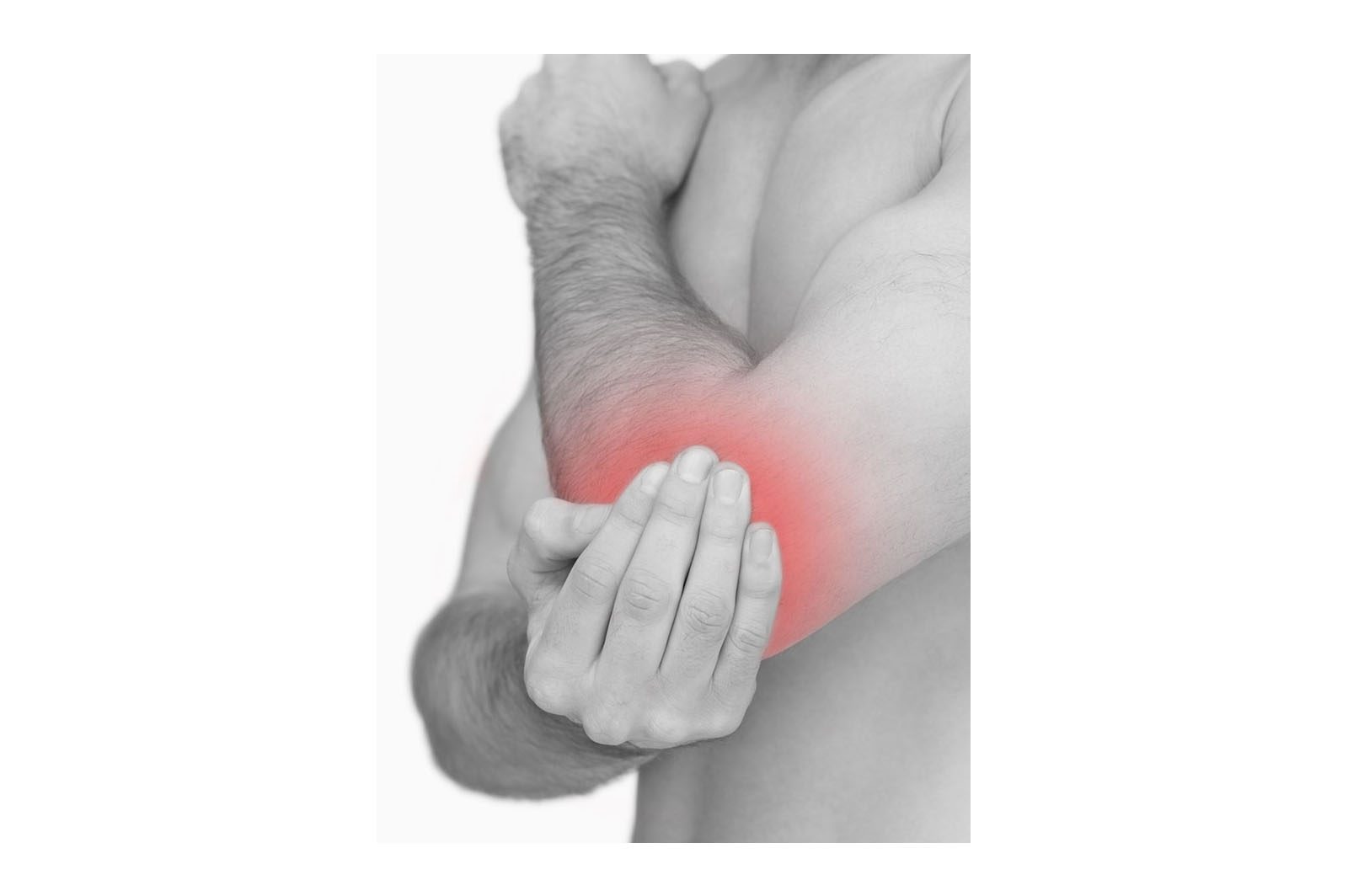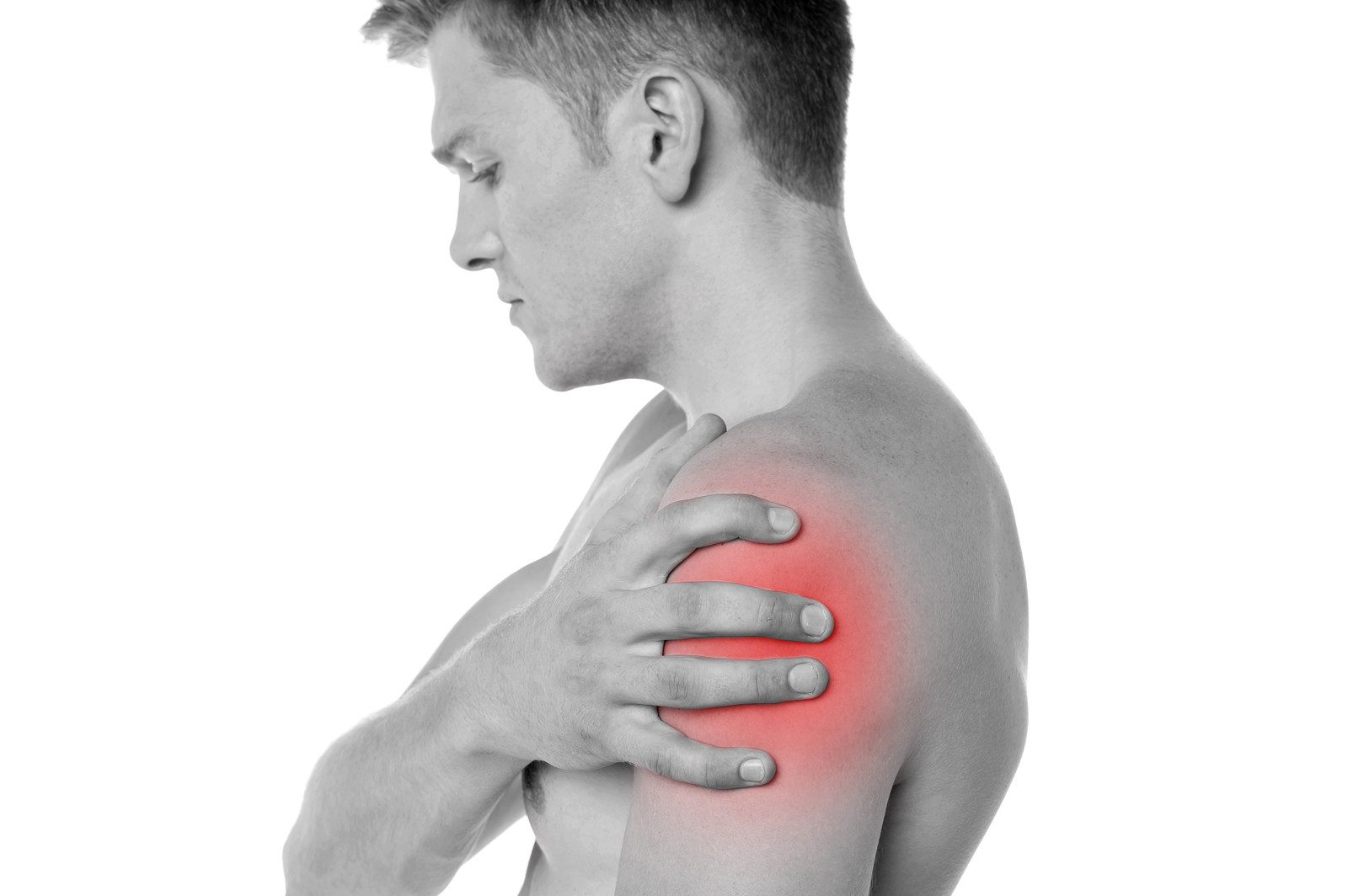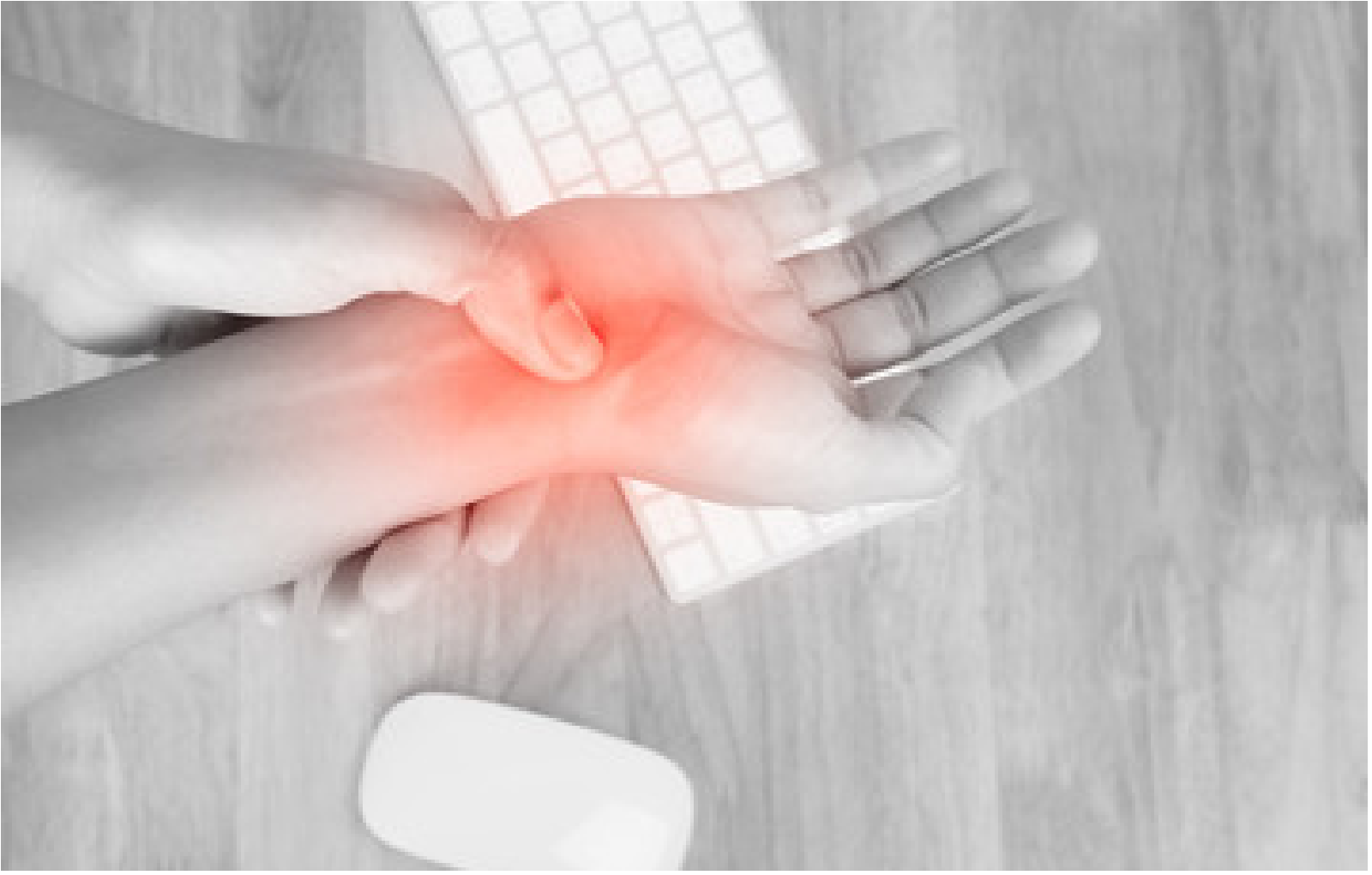Spinal Decompression Therapy
Relief for Disc Herniation & Degeneration | Lower Back |Neck | Shoulder Pain.
🌿Decompression Therapy
Spinal Decompression Therapy is a non-invasive, non-surgical treatment designed to relieve pain caused by disc injuries in the neck and lower back.
🌱How It Works
This therapy uses gentle, controlled traction to stretch the spine. This creates negative pressure within the spinal discs, which can:
-
Help retract bulging or herniated disc material
-
Reduce pressure on compressed nerves
-
Enhance the flow of water, oxygen, and nutrient-rich fluids to the affected area
🌱 Why It’s Effective
-
Relieves Pain Naturally: Decreases nerve compression and promotes healing
-
Supports Recovery: Improves circulation to damaged discs
-
Personalized Treatment: Adjusted to each individual’s condition and needs








CONDITIONS TREATED WITH DECOMPRESSION
- Herniated Discs
- Degenerative Disc Disease
- Neck Pain
- Chronic Back Pain
- Sciatica
- Facet Syndrome
- Spinal Stenosis.
- Bulging Discs
- Postural Issues
- Spondylolisthesis
- Spinal Arthritis
- & More

DECOMPRESSION| MAGNETIC BIOSTIMULATION|IFC
Magnetic Biostimulation (Combitron) : works at a cellular and molecular level, using a gentle magnetic field that targets spinal discs. Helps increase blood flow and oxygen circulation, energizes cells, and supports the natural healing of injured discs in the neck and lower back — helping you recover faster and feel better sooner.
Interferential Current Therapy (IFC) : One of our most effective devices for pain management, IFC therapy helps treat both acute and chronic conditions caused by injuries, trauma, or post-surgery recovery. Works by blocking pain signals in the spinal cord and stimulating your body’s natural painkillers (endorphins), helping to reduce discomfort and accelerate the healing process.
Common Questions About Decompression Therapy
Who can Benefit from Spinal Decompression Therapy?
Individuals with persistent neck or back pain, sciatica, bulging and herniated discs, and compressed spinal nerves may benefit from this type of therapy.
In addition, spinal decompression therapy benefits individuals with age-related disc degeneration, arm pain, numbness, and facet syndrome. It is also beneficial for those who wish to avoid or delay surgery as it can help alleviate the pressure put on the discs in order to prevent further damage.
How safe is Spinal Decompression Therapy?
Spinal Decompression Therapy is typically regarded as safe and non-invasive when administered by experienced healthcare practitioners.
- Non-invasive: Unlike surgery, this therapy does not involve any incisions or invasive procedures, reducing the risk of infection and complications.
- Drug-free: As a physical treatment, it does not require the use of drugs, eliminating potential side effects and dependency risks associated with medication.
- Low risk: The procedure uses controlled and gradual traction, minimizing the risk of injury.
- High success rate: Multiple clinical studies have shown a high success rate for pain relief with this therapy.
- Personalized treatments: The therapy can be tailored to each individual’s condition, further enhancing safety and effectiveness.
When is Spinal Decompression Therapy Not Recommended?
Although spinal decompression therapy is typically safe and effective, there are certain conditions where it may not be recommended. These include:
- Serious spinal injury or compression fracture: In these cases, surgery may be necessary to prevent further damage.
- Extreme bone fragility (osteoporosis): In some cases, the traction force required for the therapy may be too great and cause further damage.
- Severe inflammation: For safety reasons, this therapy may not be recommended if there is severe swelling or inflammation present in the area.
- Expecting mothers: This therapy could potentially harm the baby, and should be avoided.
- Infections: Spinal Decompression Therapy may not be recommended if there is an active infection present in the area where treatment is being applied.
- Certain medical conditions such as cancer, advanced arthritis, and uncontrolled hypertension may also contraindicate using this therapy.
It is important to discuss your medical history with a qualified physician to determine if Decompression Therapy is right for you. Our Physiotherapist will help you with any additional information and treatment plan needed for your condition.
What makes Spinal Decompression Therapy so Effective?
Spinal Decompression Therapy is highly effective due to several reasons:
Non-surgical and Non-invasive: Unlike many treatments for back pain, spinal decompression therapy is non-surgical and non-invasive. This makes it a great option for those who wish to avoid the risks and recovery time associated with surgery.
Pain Reduction: The therapy is designed to relieve pressure on the spinal discs, which results in significant pain reduction for many patients.
Promoting Healing: By creating a negative pressure within the disc, the therapy can help pull herniated or bulging tissue back into the disc, promoting healing from inside out.
Versatility: Spinal Decompression Therapy can be adjusted and customized to cater to the unique needs of each patient, depending on the specific condition and the severity of the pain.
Improved Quality of Life: Many patients report enhanced mobility and a better quality of life following the treatment. They are able to return to their normal activities without the constant discomfort that they previously experienced.
Is Decompression Treatment Painful?
No! Decompression therapy is a non-invasive and painless procedure. The treatment session should be comfortable, but you may experience some mild discomfort as your spine adjusts to the traction force.
Are There Medical Studies on The Effectiveness of Spinal Decompression Therapy?
Yes, there are numerous clinical studies that demonstrate the efficacy of Spinal Decompression Therapy. Here are some studies that demonstrate the effectiveness of this therapy:
Based on follow-up MRI exams, non-surgical decompression therapy substantially decreased the Herniated discs. Moreover, patients experienced a decline in pain management. Non-surgical decompression may be an appropriate conservative therapy approach for subacute lumbosacral herniated intervertebral discs (Effect of Nonsurgical Spinal Decompression on Intensity of Pain and Herniated Disc Volume in Subacute Lumbar Herniated Disc (hindawi.com))
Both the experimental and control groups showed a significant improvement in patients with lumbar disc herniation. Spinal decompression therapy improved results by lowering disability and pain scores and showed to be an effective treatment for lumbar disc herniation (Physicalmedicine-22-131_1679994148_original.pdf (btlnet.com))
Motorized traction and spinal decompression treatments supplemented with conventional treatment appear to be effective in individuals with subacute and chronic lumbar discopathy (Comparison of the Effectiveness of Traditional Motorized Traction and Non-surgical Spinal Decompression Therapy Added to Conventional Physiotherapy in Low Back Pain | Research Square)
Noninvasive spinal decompression therapy has proven to be an effective therapeutic option for patients with herniated lumbar discs who experienced varying degrees of depressive symptoms (Spine Journals | Spine Research | Open Access Journals (imedpub.com))
Mechanical traction can effectively relieve lumbar and leg pain and improve the Oswestry disability index (a tool to describe the level of disability) patients with lumbar disc herniation but has no significant effect on spinal motion (Clinical Efficacy of Mechanical Traction as Physical Therapy for Lumbar Disc Herniation: A Meta-Analysis (hindawi.com))
and many others
